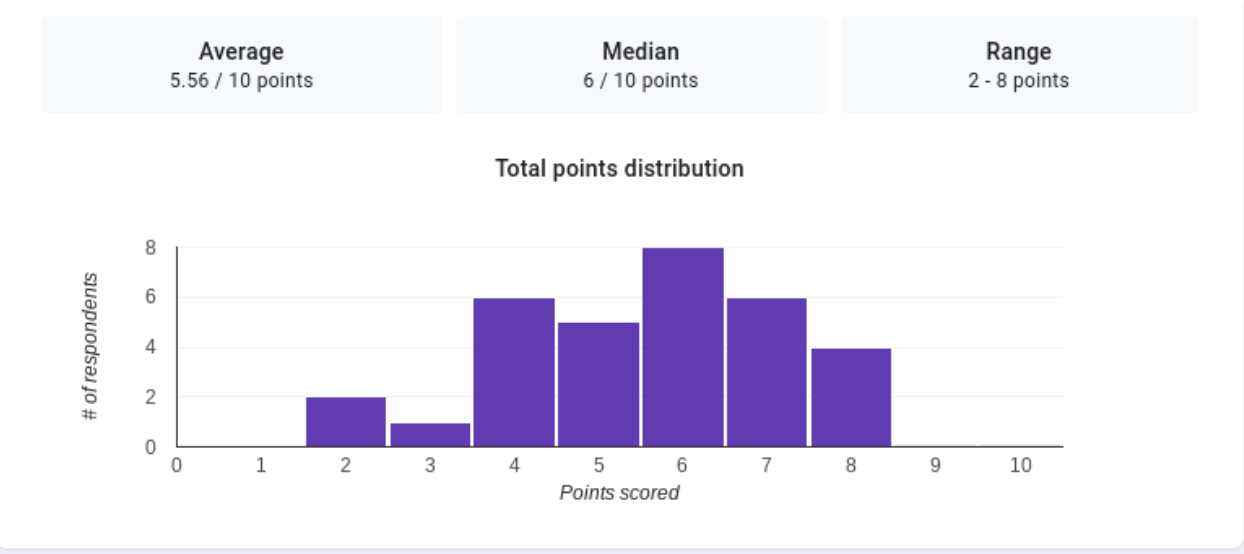The Biology Curriculum Change: New Isn’t Always Better
Photo by Chokniti Khongchum from Pexels.
Sage Osesek
Freshman biology is always a challenging subject when a student enters high school, but it is one of the most important classes to take. It allows students to understand the world around them and enhances their general knowledge. It also prepares students for AP biology, the next step in their science careers. As a junior who has taken the old biology curriculum and AP biology, I strongly felt that the old biology curriculum prepared me for AP biology. Units like heredity, energy, evolution, the cell cycle, and ecology gave me a baseline understanding of key AP biology concepts. Having these individual units allowed for a focused look at each topic. AP biology has a similar setup with units like cellular energetics, natural selection, ecology, and cellular communication and the cell cycle. By comparing these units, it’s clear that the information is quite similar, but AP biology goes more in-depth. These similarities allowed for an easy transition into AP biology and a greater understanding of basic biology concepts.
However, the freshman biology curriculum has recently changed to include storylines. This year, the storylines were Africa, homeostasis, melanin, and disease. Biology concepts are incorporated into each storyline to expose the students to topics like photosynthesis, cellular respiration, Punnett squares, the cell cycle, and natural selection. These storylines differ from the previous biology curriculum because there aren’t aligned AP biology units, and some material like diffusion and meiosis isn’t covered. The steps of mitosis are limited to pictures, and specific processes in mitosis like prophase, metaphase, anaphase, and telophase aren’t taught.
With different topics being added to each storyline, the new course could seem unstructured, random, and an ineffective preparation for AP biology and other science courses. When students aren’t exposed to crucial AP biology topics, they do not have the opportunity to take small steps to reach difficult AP biology information. They are leaping to college-level learning with limited preparation. When I learned about the new curriculum, I thought that the old curriculum was better preparation for AP biology than the new curriculum. To test this hypothesis, I assessed the biology knowledge of freshmen-level biology students and upperclassmen biology students using a basic biology quiz. I surveyed 29 freshmen who just took the new curriculum freshman biology and 33 upperclassmen who took the old curriculum freshman biology. The upperclassmen have not taken AP biology. The biology quiz tested information that I felt was crucial knowledge for preparation for AP biology. Some questions are rudimentary biology concepts that all high schoolers should know. These concepts include facilitated diffusion, meiosis, ATP, photosynthesis, and prokaryotic and eukaryotic differences.
The results are shown below:
Upperclassmen
Underclassmen
Comparing the scores of students taking the new curriculum vs. the old curriculum gives insight into the level of effectiveness of each of the curricula. One would expect the freshmen to get substantially higher scores than the upperclassmen. The freshmen learned biology this semester or last semester whereas the upperclassmen took biology two or more years ago. On the quiz, several upperclassmen mentioned that they did not remember much from freshman year. Also, many upperclassmen took virtual freshman biology through Apex Learning. These students overwhelmingly agreed that Apex Learning was an ineffective course simply because it was online.
All of these combined factors should give freshmen a clear advantage. However, according to the results, the upperclassmen had a higher mean score of 5.85 out of 10 points. The freshmen had a mean score of 5.56 out of 10 points. The median scores were both 6 out of 10 points, but the upperclassmen score range was higher than the freshmen. Upperclassmen had a range of 3 to 9 points, and freshmen had a range of 2 to 8 points. The data shows that the upperclassmen had slightly higher results than the freshmen. The results also showed the topics that the students struggled with. Only 22% of the surveyed freshmen knew the term facilitated diffusion while 43% of the surveyed upperclassmen knew facilitated diffusion. 19% of freshmen knew meiosis while 33% of upperclassmen knew meiosis. This aligns with the content taught in freshman biology: the new curriculum does not teach diffusion or meiosis, yielding a lower freshmen accuracy, and the old curriculum does teach diffusion and meiosis, yielding a higher upperclassmen accuracy.
This suggests that the new curriculum is an ineffective preparation for AP biology, supporting my initial hypothesis. Storylines do not provide appropriate knowledge for incoming AP biology students. Entering AP biology, new curriculum students will be overwhelmed with the number of concepts they have to learn, including diffusion and meiosis. Overall, the old curriculum provided a solid base understanding of biology, and the new curriculum broke this base.
It’s important to note that the survey has several possible biases that could have skewed the results. Due to method limitations, the survey was voluntary and unsupervised. Students could have given inaccurate results. A random sample would be ideal, but only a voluntary quiz was available. Therefore, this survey merely represents baseline data supporting the old curriculum. The effectiveness of the new curriculum is worth further assessing, especially once the new curriculum students take AP biology. If the new curriculum students find AP biology unmanageable, it is time to rethink the new biology curriculum.








